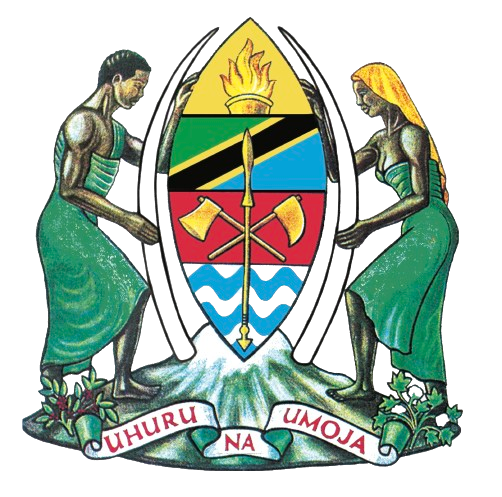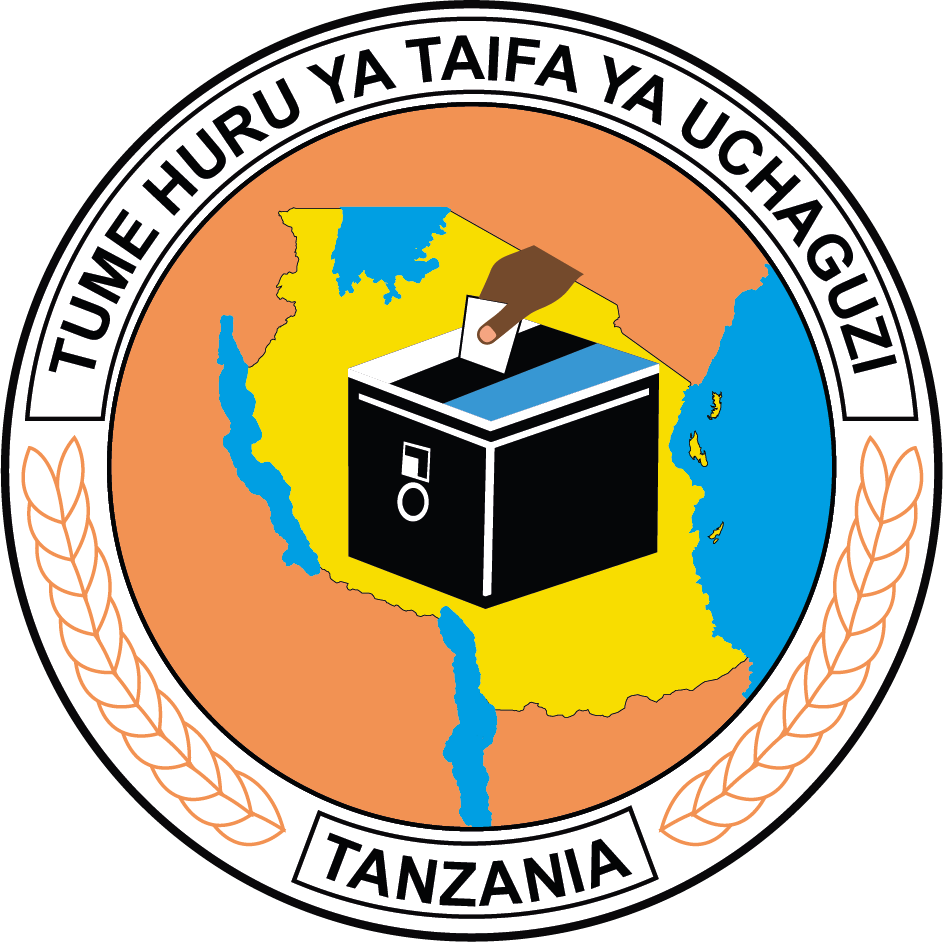Strategic Plan 2019/20 - 2024/2025
- 20th August, 2020 00:00
- By TARI
- Strategies
Author(s) : Tanzania Agricultural Research Institute
Agricultural Research Institute is a body corporate, established under section 3 of TARI’s Act No. 10 of 30th September 2016 responsible for conducting basic, applied and strategic research, promoting, regulating and coordinating all agricultural research activities in the Mainland Tanzania and advise the governement and other stakeholders on matters related to agriculture research for sustainable developement. Its current headquarters is in Dodoma region.
The TARI Strategic Plan (SP) 2019/2020 - 2024/2025 stipulates TARI’s mandate, vision, mission and strategies required to achieve the planned objectives taking into consideration the national socio-economics policies, programmes and the priority goals for agricultural sector as prescribed in the FYDP II as a means to chart out the growth path, aimed at realizing a semi-industrialized and competitive economy both at the national and international levels
The SP is also informed by the Agricultural Sector Development Programme Second Phase (ASDP-II) which aims at transforming the agricultural sector towards higher productivity, profitability and increased smallholder farmer incomes for improved livelihood and ensure food and nutrition security. More emphasis will be given on technology development, validation and up/out scalling to ensure the technologies are widely used by end users. Another critical areas of focus will be seed production and distribution (of all seed classes), which will be supported by rehabilitating irrigation infrastructure, storage facilities and cold rooms in selected TARI Centres. Also, special consideration under capital investment will be on strengthening seed production of sunflower, oil palm, cotton and cashew.
Our progress on the implementation of this MTSP will be measured against the achievement of key performance indicators. This progress will be reported on through a variety of mechanisms including the Institute’s annual report.
Since the development of the MTSP has been much of a multi-stakeholder involvement, I thank all who have been involved in one way or another in the preparation of the document and wish a success to all stakeholders who will be involved in the implementation of MTSP to achieve its high-level goals and objectives which will require flexibility, openness to change and a continued focus on delivery and provision of a quality services.
I, therefore, call upon all personnel and all other key agricultural stakeholders to pool their energies and work together for realization of the set Institutional strategic objectives.
I now look forward to working with you in its implementation.


